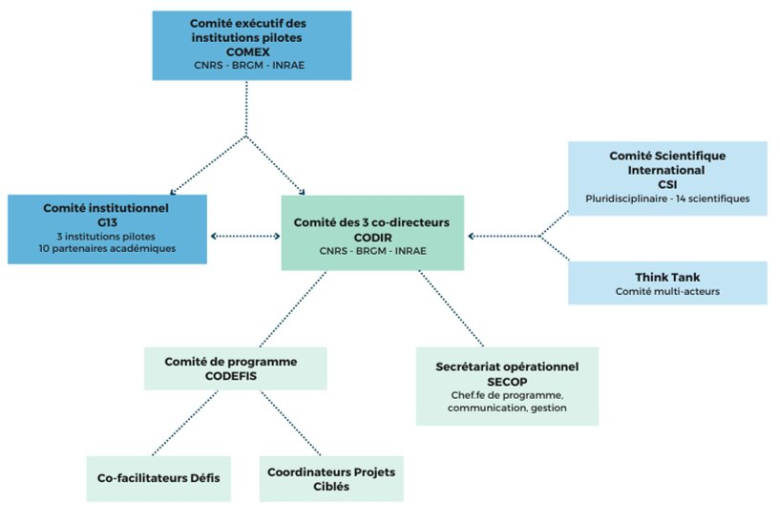The board of three co-directors (Steering Committee – CODIR) is assisted by an Operational Secretariat (SECOP) and works with a Programme Committee (CODEFIS) structured around the six scientific challenges. There is also an International Scientific Committee - ICS (see below) and a Think Tank made up of stakeholder representatives and tasked with addressing the major challenges and mainstreaming the notion of water as a common good.
These entities perform their duties with the utmost concern for transparency and fairness. Decisions are made based on the equal treatment of all partners and with due regard to all relevant ethical considerations.
The programme is run under the joint leadership of Agathe Euzen (CNRS), Dominique Darmendrail (BRGM) and Thibault Datry (INRAE).
Scientific co-directors
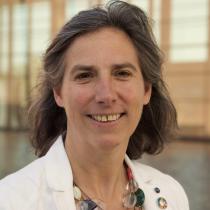
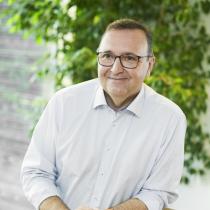
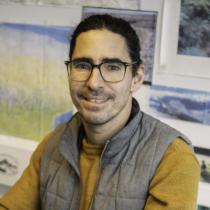
Dominique Darmendrail
Dominique Darmendrail (BRGM, Executive Division) holds a PhD in Hydrogeology and Hydrogeochemistry from the University of Bordeaux (France). Since October 2021, she has been the Water and Global Changes Programme Director at BRGM in charge of the Scientific Strategy development and coordination of the programme and of strategic partnerships and networking.
From July 2014 to September 2020, she was scientific advisor at ANR, in charge of an evaluation committee (CES04 – Technologies for the environment) and of the coordination of the Water JPI, a network of Research Funding Organisations dealing with water challenges with various programme activities (calls for proposals, launch of two knowledge hubs, international cooperation).
Before joining ANR, she served as Head of BRGM's Environment and Process Division from 1998 – 2007.
Dominique Darmendrail has acted as scientific advisor to several national, European and international working groups on contaminated sites Management (e.g. Metaleurop site commission, Chernobyl Impact Commission) and several European research projects (e.g. AquaTerra).
Thibault Datry
Thibault Datry is a freshwater scientist at INRAE. His research focuses on the ecology of rivers and hyporheic zones, with particular emphasis on intermittent rivers and ephemeral streams.
He develops international research programs at the global scale, while his primary study area includes lotic and lentic ecosystems in France, New Zealand and Bolivia, where he has active collaborations and frequent visits.
He serves on editorial boards of four international journals, organized two Special Issues and more than twenty Special Sessions on intermittent river ecology management at international conferences.
Thibault Datry is now co-leading the 1000 Intermittent Rivers network and coordinating the DRYvER Horizon 2020 european project on the effects of climate change on drying river networks.
Agathe Euzen
Agathe Euzen is deputy director of the CNRS Institute for Ecology and the Environment (INEE) and head of the CNRS Water Unit, which she founded in 2021.
She is a CNRS research director in anthropology and environmental sciences, with a doctoral degree in management, economics and social sciences.
Agathe Euzen currently works at the Techniques, Territories and Societies Laboratory (UMR 8134 CNRS), where she conducts research into perceptions and representations of the environment, water in the environment and their links with everyday practices.
She is recognized for her skills in the field of water, and more generally the environment and sustainable development in a context of global change. She has been appointed to various scientific boards at national (the Seine-Normandie and Adour Garonne river basin committees, ONEMA, MNHN, etc.), European (JPI Water) and management board (PFE, IDDRI) level.
Comité Scientifique International
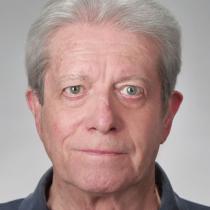
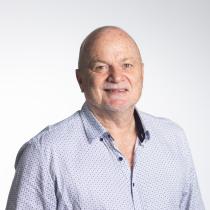
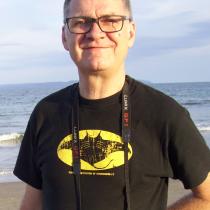

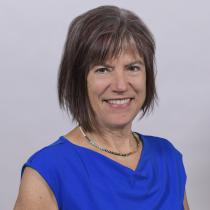
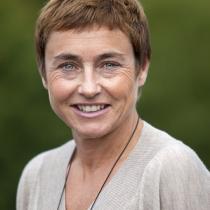
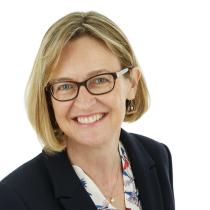
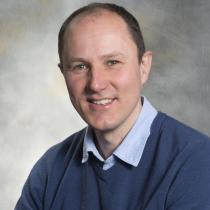
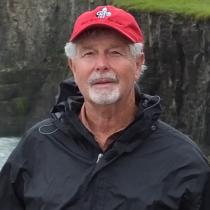
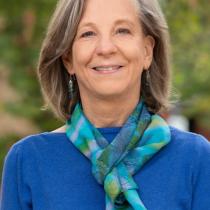
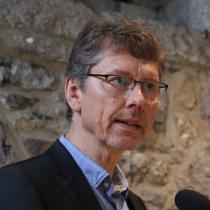
Bernard Barraqué
Bernard Barraqué is a French civil engineer with a master’s degree in city planning from Harvard University, and a PhD in urban socio-economic issues from Paris University. He is CNRS research director (emeritus), specialising in water use related socio-economic issues, particularly in urban environments. In 2015, in the preparation of the Climate COP21 in Paris, he reviewed for the World Bank the reports on water-related impacts of climate change.
Stuart Bunn
Stuart Bunn is a senior member of the Australian Rivers Institute at Griffith University and, until July 2022, was the founding Director. His major research interests are in the ecology of river and wetland systems with a particular focus on the science to underpin river management. Stuart has extensive experience working with international and Australian government agencies and industry on water resource management issues and has been an active member and chair of state and national science advisory committees.
Simon Cox
Simon Cox is an emeritus researcher with a PhD in Geophysics from Columbia University. After four years lecturing in Earth Sciences at Monash University, he specialised in the online dissemination of geoscientific research data. His work on Observations and Measurements has been widely applied in many earth and environmental science applications. More recently, Simon Cox worked on the alignment of natural- and social-science metadata, and digital representation of units-of-measurement.
Despo Fatta-Kassinos
Despo Fatta-Kassinos is a Professor at the Department of Civil and Environmental Engineering at the University of Cyprus. With a Chemical Engineering background and further studies in Environmental management/education, her record includes more than 180 journal publications. Among other scientific recognitions, in 2012 she received the distinguished National Research Award by the Research and Innovation Foundation of Cyprus. Between 2015 and 2019, she has served as the Chair of the Scientific and Technological Advisory Board of the European JPI ‘Water Challenges for a Changing World’ (2015-2019).
Nancy Grimm
Nancy Grimm is an ecologist, specialised in nature-based, technological, and governance solutions that can build ecosystem resilience. She was President of the Ecological Society of America and was founding director of the Central Arizona-Phoenix Long-Term Ecological Research of Arizona State University. She now co-directs the NATURA and ESSA networks. In streams, Nancy Grimm studies how hydrologic and climatic variability influence ecosystem processes, notably stream metabolism and nutrient dynamics.
Hege Hisdal
Hege Hisdal is Director of the hydrology department of the Norwegian Water Resources and Energy Directorate. Her research has focused on hydrological extremes and their temporal and spatial variability. For the last 15 years, she has in particular looked at the application of hydro-meteorological and statistical models, methods and data to underpin hydroclimate services such as flood forecasting, estimation in ungauged river basins and climate change adaptation. She has been involved in an increasing number of transdisciplinary projects, focussing notably on the association between extreme weather and waterborne illness and how to increase local adaptive capacity by planning and learning network.
Helen Jarvie
Helen Jarvie joined the Water Institute at the University of Waterloo, Canada, in January 2020, as Professor of Water and Global Environmental Change. Before relocating to Canada, she worked at the U.K. Centre for Ecology and Hydrology for 25 years. Her research interests focus on river biogeochemistry: the role of nutrients (phosphorus and nitrogen) in eutrophication, from watershed to global perspectives. Helen Jarvie's research informs water quality policy and decision-making for the sustainable use of water and nutrient resources.
Alan MacDonald
Alan MacDonald is head of Groundwater at the British Geological Survey and honorary Professor at the University of Dundee (Scotland). Main areas of research are water security, with a focus on climate change, the resilience of groundwater systems to environmental change, and sub-surface flow within catchments. Alan has a track record of managing research consortia and providing advice to government departments in the UK and abroad. This includes leading two influential studies for the UK Government on the resilience of groundwater to climate change in Africa and South Asia, and examining handpump sustainability across Africa.
Robert Naiman
Robert Naiman is Professor Emeritus at the University of Washington (US). His research explores the structure and dynamics of river ecosystems. He has chaired several national and international committees on water issues and is former UNESCO Chair in Sustainable Rivers. In recognition for his research and collaborations, he was awarded the title of Doctor Honoris Causa by the Université Paul Sabatier (Toulouse, France) and received the Eminent Scientist award from the Ecological Society of America.
Margaret Palmer
Margaret Palmer is the Director of the National Socio-Environmental Synthesis Center (SESYNC). She is a Distinguished University Professor at the University of Maryland (US), where she oversees research focused on watershed science and restoration ecology. She is also known for her work at the interface of water science and policy, having served as a technical advisor and innovator to help build solution-focused teams that solve problems with social, legal, policy and scientific aspects.
Espen Volden
Espen Volden is working as a scientific coordinator within the Earth Observation Science, Applications and Climate Department of the European Space Agency (ESA), which he joined in 2000. He has more than 25 years of experience in remote sensing, including three years in the European Commission as a programme manager involved in preparing the Copernicus Land and Climate Services. His current research focus is on scientific applications related to agriculture and to the water cycle.


